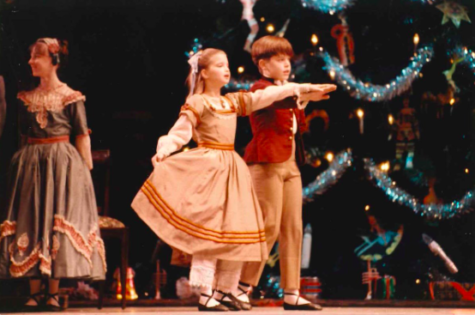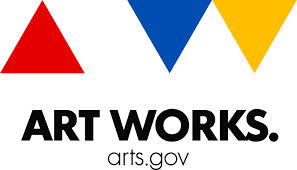Let’s start with the positive, though I’m afraid that won’t last long.
In her New York Times article, “Might Ivanka Trump Speak Up If Her Father Guts The Arts?,” Robin Pogrebin makes a series of suppositions rooted in an aspect of arts education that is rarely discussed. That element is the reality that the vast majority of students – elementary, secondary, university – who study or participate in the arts won’t probably go on to careers in the arts. However, their exposure might yield a lifelong affinity. This isn’t something that’s unique among the many subjects students are exposed to in education – many people study biology without becoming scientists or doctors. Yet whereas one who retains an interest in biology can’t necessarily spend a free evening in an operating theatre, someone who was exposed to or participated in the arts in their youth may well choose to attend the opera, the ballet, the symphony and so on for the remainder of their lives.
Under that theory, coupled with reports that Ms. Trump and her husband Jared Kushner may have intervened with her father on behalf of LGBTQ rights, Ms. Pogrebin theorizes that as a childhood student of ballet and present-day collector of fine art, Ms. Trump might emerge as an arts advocate on behalf of the National Endowment for the Arts. It’s a lovely theory, and if it came to pass, it would no doubt be welcomed, but it is spun from the slightest of threads.
In fact, Ms. Pogrebin’s review of Ms. Trump’s personal arts history is formed from very little evidence. It rises only to the level of article, as opposed to editorial or op-ed, because it is padded out with a lengthy quotation from Ms. Trump’s 2009 book The Trump Card: Playing to Win in Work and Life about her dance lessons and – in an experience shared by virtually no one else on the planet – her youthful fear that attendance by her neighbor Michael Jackson at a Nutcracker performance in which she had a role would distract from the event itself. In all, in an article of 1,045 words (as calculated by Microsoft Word), Ms. Pogrebin offers us 504 words directly from Ms. Trump’s book, 48% of the total piece.
Certainly no one can call the extended quotation from The Trump Card fake news, because it is a) legitimately a quote from the book, and b) like any work of autobiography, the entirely subjective point of view of the author (and perhaps their ghostwriters, should that apply). But the thesis of Ms. Pogrebin’s piece is essentially invented. “Might” asks the headline; “could” Ms. Trump “emerge,” wonders Ms. Pogrebin. In fact, when Pogrebin requested an interview on the matter, all she got back was a prepared 67-word ballet-centric statement in support of the arts, which makes up another 6% of the article. Given the opportunity, Ms. Trump did not offer any solace to the NEA and its supporters. “Might” her failure to win a role in Les Misérables be working against the interests of the NEA?
The National Endowment for the Arts and the arts in America are certainly in need of support. At this time, the NEA may well need a savior. Could that savior be Ivanka Trump? Sure. But there’s no evidence on the table that she will be. This Times article is all supposition, not even managing to produce anonymous sources.
In covering the newest threat to the NEA, Pogrebin’s 1,000+ words would have had more value to the national conversation had they involved seeking out the arts backgrounds, writings and statements by members of the US Senate, particularly the Republicans, because the arts aren’t a strictly partisan issue. Senators may not be able to whisper in Daddy’s ear to potentially rescue pet projects, but it would only take a few Senators standing fast in support of the NEA, blocking the budget, to have an effect that doesn’t require the manipulation of family ties in order to determine the trajectory of one small program with a great impact on American life. If the public, if advocates, knew more about the stances of Senators, then the American people might know with whom they could best make their case, or how little chance there may still be.
One last note: we don’t know whether Ms. Trump spent much time taking humanities-related electives while getting her economics degree at the Wharton School, or whether she liked Sherlock, Downton or tales from Lake Wobegon. Does this mean the National Endowment for the Humanities and the Corporation for Public Broadcasting are utterly out of luck? Sad.





